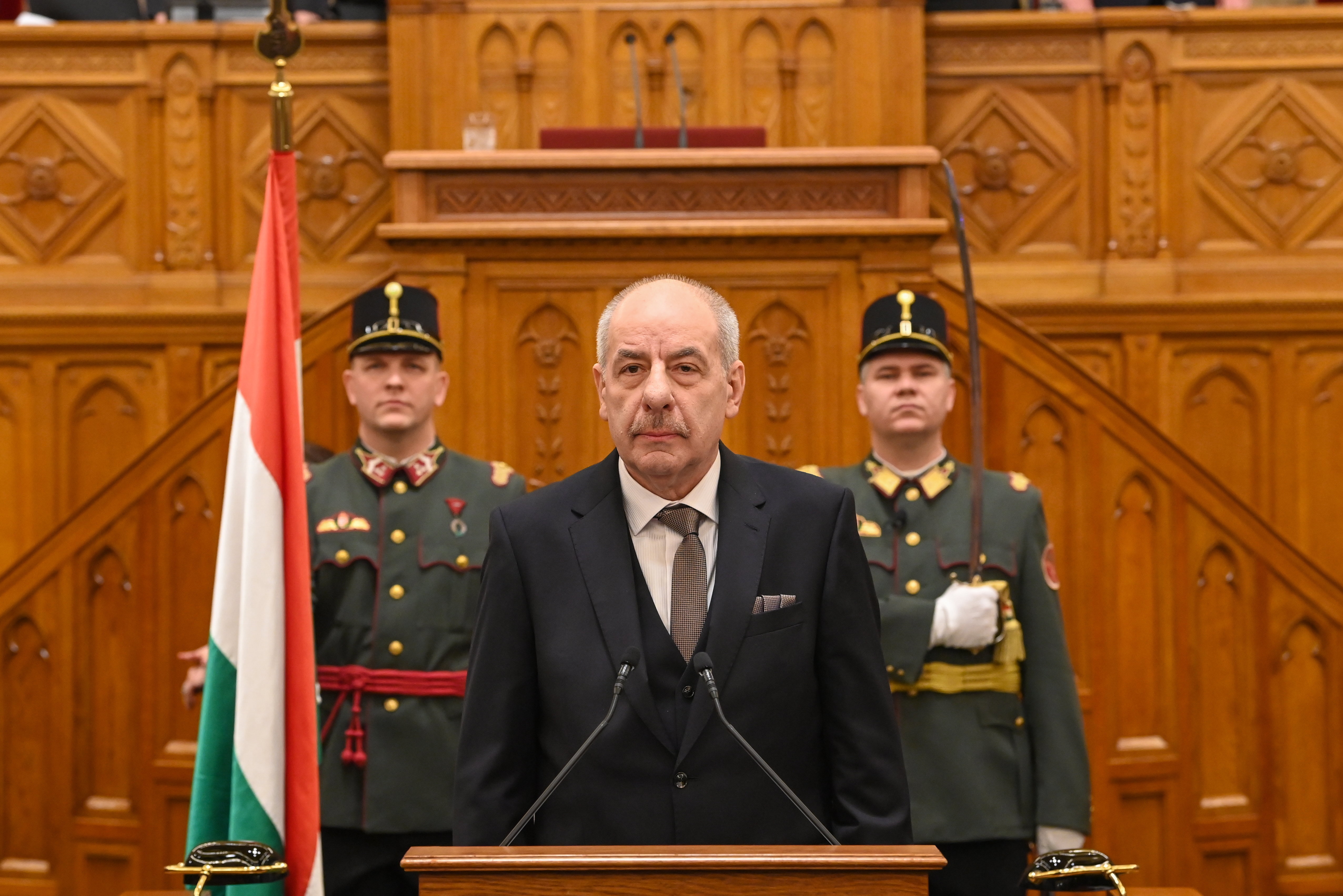Town Magyar, country Magyar

The following editorial originally appeared in the July 4-17 print edition of the Budapest Business Journal.
The ruling Fidesz party and Budapest have, it would be fair to say, a difficult relationship.
It is often said the Hungary is two countries in one: Budapest, by far the biggest city in the country and the only one with more than 210,000 inhabitants, and the rest of the country, the so-called vidék. Budapest is everything you might expect of a capital city, fast paced, vibrant, “cosmopolitan” (ironically sometimes used by the old far right Hungarian Justice and Life Party as a code word to mean Jewish). It was also, for a long period of time, a stronghold for the now defunct liberal party the Alliance of Free Democrats (SzDSz). Fidesz, intellectually and often actually, seems to see itself as a party of the countryside, the vidék. Indeed, of the most senior party figures, only György Matolcsy, Governor of the Hungarian Central Bank, and interior minister Sándor Pintér were born in Budapest.
When Viktor Orbán (born in Székesfehérvár) and his Fidesz party came to power for the first time in 1998 they found the capital city, the center and seat of government, in the hands of the sometime SzDSz party president and long-time mayor Gábor Demszky. The two sides did not see eye to eye on much, and Demszky bemoaned what he felt was a lack of support from the state.
When Orbán swept back to power in the 2010 landslide that seemed in equal measure based on anger at the past eight years of Socialist rule (in governments in which the SzDSz played a role as junior members) and fear of post-crisis austerity, Fidesz also carried Budapest. Surely the relationship would be easier this time round? Yes and no. The city was broke, Budapest Mayor István Tarlós (who was born in the capital) declared very soon after taking power. It had to pay for the ongoing Metro 4 project, but had money for no other developments. That forced the mayor to go cap in hand to the government (equally broke and dependent on EU funding), which duly announced grandiose projects like the so-called museum quarter around Hőssök tere, and long overdue renovations for the Castle District. There are reports that the Tarlós-government relationships was at times strained during the second Orbán term, though for the most part that was kept out of the public eye.
Barely had Orbán’s third cabinet been sworn in and plans were announced to relocate the agriculture ministry of Sándor Fazekas (born in Karcag) from Budapest to Debrecen, Hungary’s second city (population 205,000) and a Fidesz stronghold. Defense minister Csaba Hende (born in Szombathely) has reportedly been asked to relocate his ministry to Székesfehérvár, also in Fidesz hands. Tarlós has come under attach from opposition members of city hall for not doing enough to promote and protect the capital.
Fidesz is an extremely disciplined party. Public disagreements are rare (and some analysts argue that the few examples we do see are often ‘leaked’ by the party leadership itself to prove a point). Which made the intra-party rumblings in late June all the more interesting.
News portal index.hu reported that the ever more powerful János Lázár, Minister of the Chancellery, had taken control of short- and medium-term EU-funded projects in Budapest (as head of the Prime Minister’s Office he has long had oversight of EU grant dispersion) and closed them down. At around the same time, a transport project linking the major southern city of Szeged with Lázár’s hometown of Hódmezővásárhely was announced. Tarlós wrote to Orbán, suggesting that without EU money the urgently needed renovations of Metro 3 would be impossible and he might have to close it down
By the beginning of this month, order had been restored. Tarlós said there was no problem, a solution would be found with the PM; Lázár even praised development in the capital. But for a brief while, intentionally or not, the veil had slipped and exposed that old vidék vs. Budapest tension once again.
SUPPORT THE BUDAPEST BUSINESS JOURNAL
Producing journalism that is worthy of the name is a costly business. For 27 years, the publishers, editors and reporters of the Budapest Business Journal have striven to bring you business news that works, information that you can trust, that is factual, accurate and presented without fear or favor.
Newspaper organizations across the globe have struggled to find a business model that allows them to continue to excel, without compromising their ability to perform. Most recently, some have experimented with the idea of involving their most important stakeholders, their readers.
We would like to offer that same opportunity to our readers. We would like to invite you to help us deliver the quality business journalism you require. Hit our Support the BBJ button and you can choose the how much and how often you send us your contributions.







